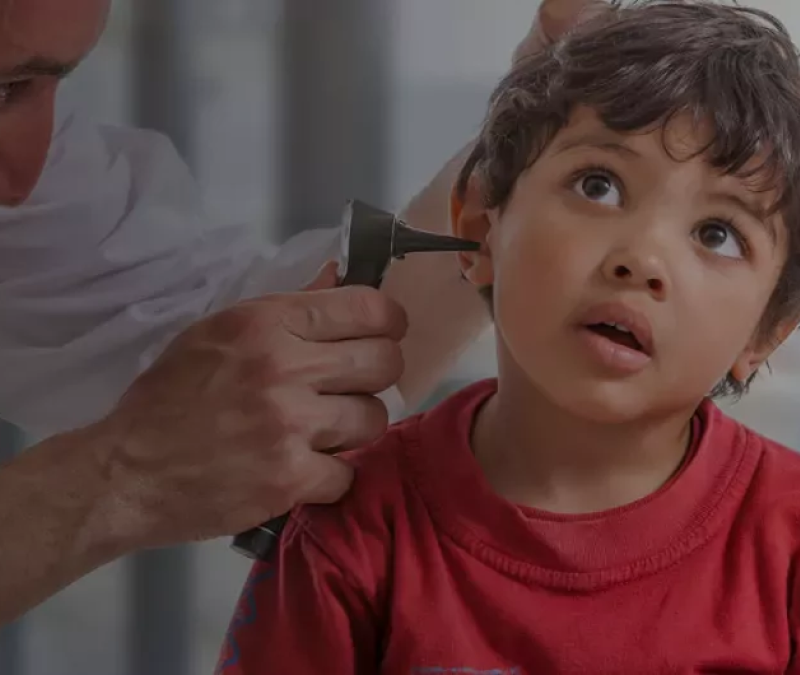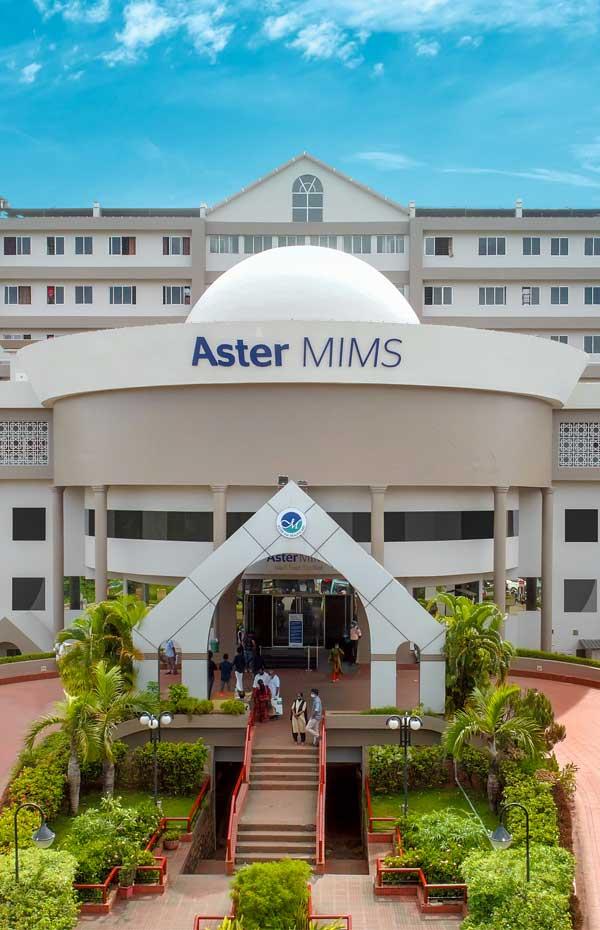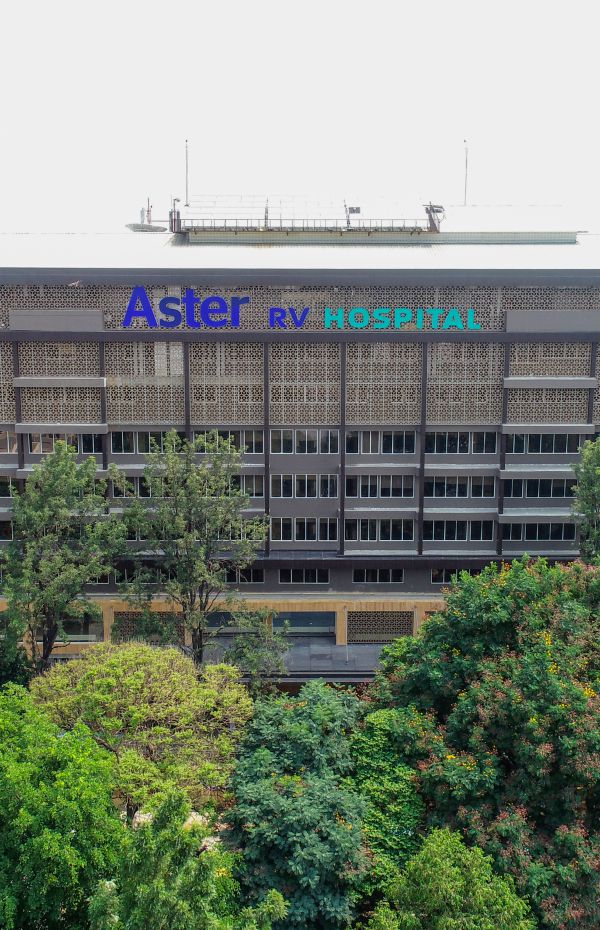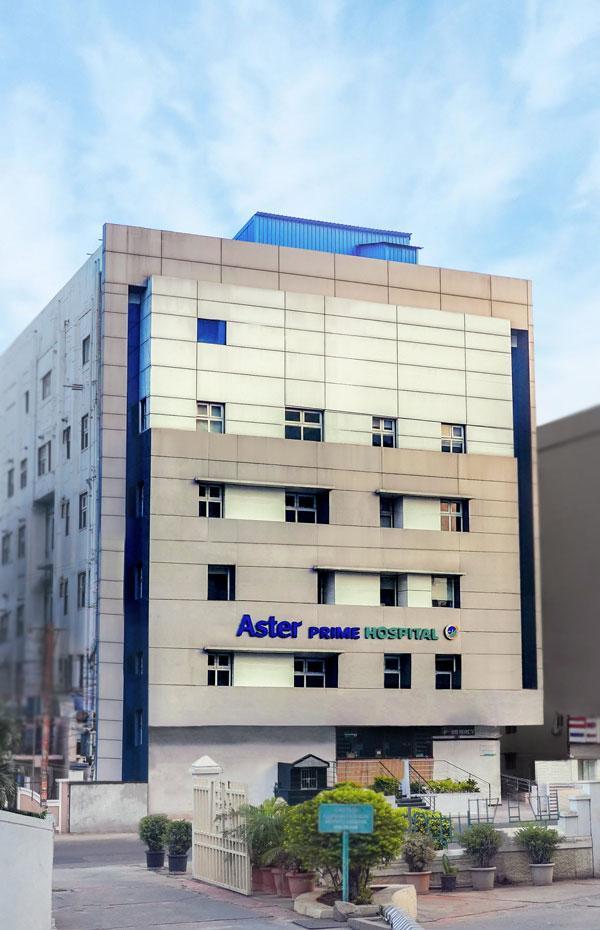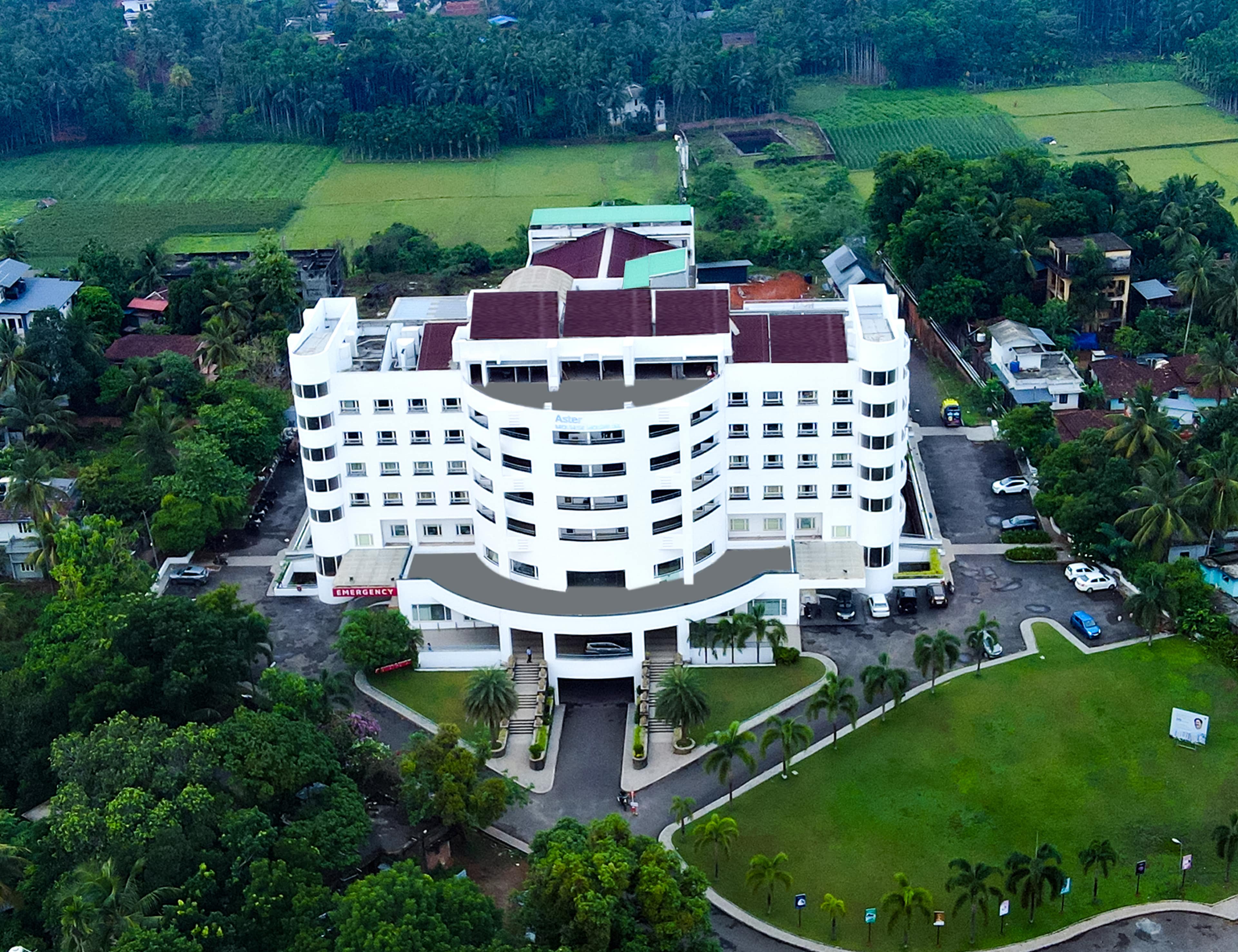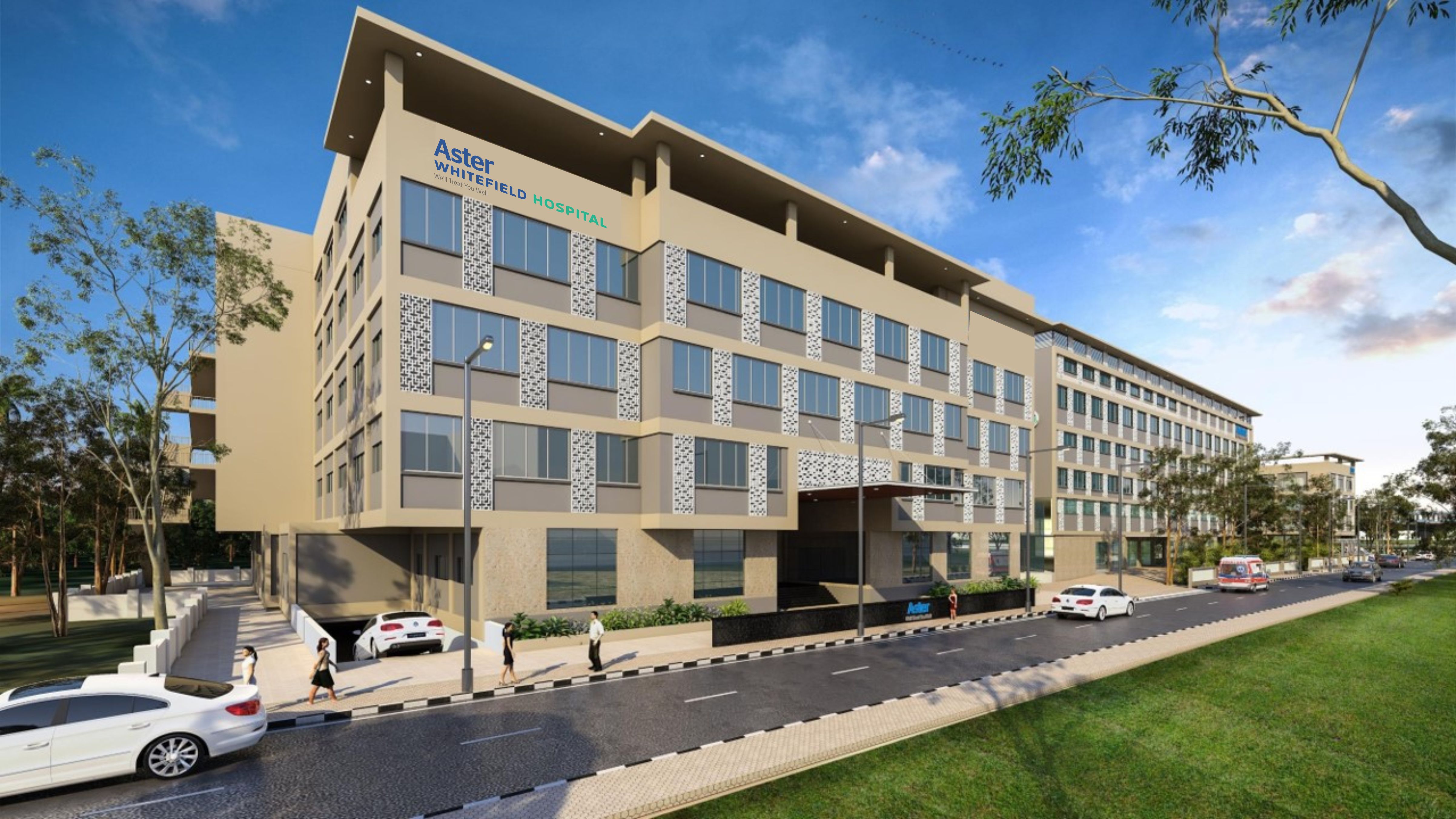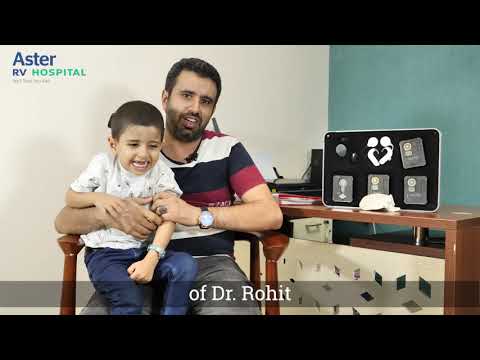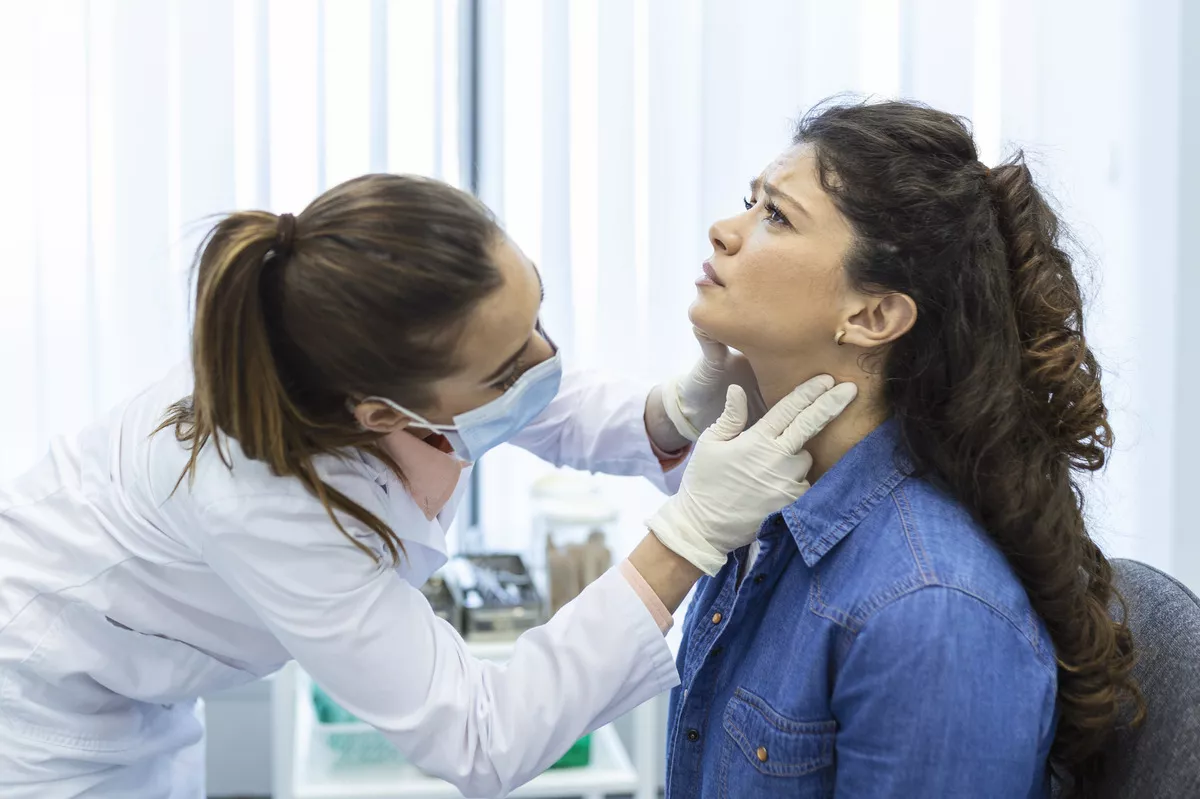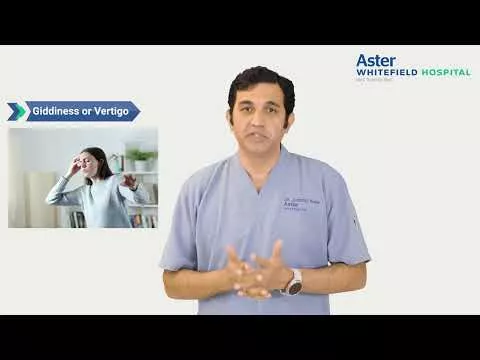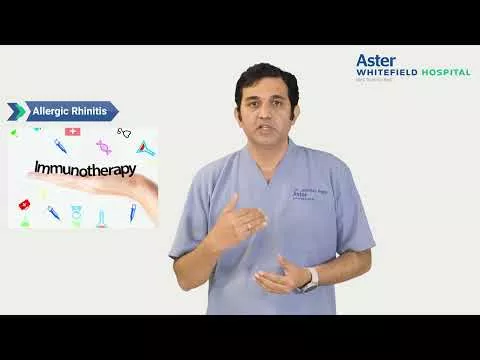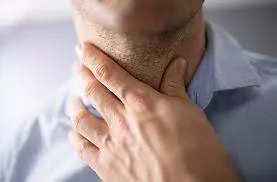The Department of Otorhinolaryngology (ENT) at Aster Hospital specialises in the evaluation, diagnosis and treatment of a full spectrum of ear, nose and throat disorders, as well as areas within the head and neck. Known for our excellent results and commitment to providing world-class care, we provide time-tested treatments and result-driven therapies for speech issues, cancers of the head and neck, balance issues, and even sleep and swallowing issues among others. Here, a multidisciplinary team consisting of skilled hearing therapists (audiologists) and nurses use state-of-the-art technology and work with you for the comprehensive diagnosis and treatment of a number of conditions. Our specialists are experts in performing a wide variety of simple to complex surgical and diagnostic procedures on patients ranging from newborns to the elderly so rest assured you will get the care you need.
Our Doctors
We have some of the best specialists from around the world, they bring years of experience and offer evidence-based treatment to ensure the best care for you.
Advanced Technology & Facilities
Well equipped with the latest medical equipment, modern technology & infrastructure, Aster Hospital is one of the best hospitals in India.
Audiogram
Caloric test
Electrocochleography
Posturography
Speech audiometry
Tympanometry
Cochlear implantation
Nasal endoscopy.
Video laryngoscopy.
Flexible fibre optic nasopharyngolaryngoscopy.
Microscopy of the ear/Foreign body removal.
Intratympanic gentamycin administration.
Myringotomy and Grommet insertion.
Epley’s Manoeuvre.
Cold caloric testing.
Positional testing.
Ear piercing and ear lobe repair.
Cauterization for nasal bleed.
We combine our expertise in the areas of patient-care, clinical research and academics in order to provide the highest level of specialised services to our patients.
CRM (Canalith Repositioning Manoeuvres) for Posterior Canal, Horizontal Canal & Anterior Canal BPPV.
Liberatory Positioning Manoeuvres in case of Cupulolithiasis variety of BPPV.
VNG guided CRM in Complex BPPV.
Medical treatment for Vestibular Migraine, PPPD, Meniere’s disease, Vestibulopathy, Vestibular Paroxysmia & Labyrinthitis.
Medical treatment for Sudden Sensorineural Hearing Loss.
Medical treatment for Tinnitus.
Intra Tympanic injections for Sudden Sensori Neural Hearing Loss, Meniere’s disease.
Surgical treatment for Superior Canal Dehiscence, Otosclerosis & Peri lymphatic Fistula.
Surgical Treatment for Pulsatile tinnitus in Sigmoid Sinus Dehiscence / Diverticulum.
Individualised Vestibular Rehabilitation Therapy (Balance regaining Exercises) for PPPD, U/L, B/L & Presby Vestibulopathy, Neuro Ocular Vestibular Dysfunction (Movement Sensitivity Dizziness) and decompensated BPPV & Vestibular Migraine impending PPPD
- ENT Consultation
- Nasal Endoscopy.
Patient Stories
Our patients are our best advocates, hear the inspiring stories of their treatment journey
Blogs
The source of trustworthy health and medical information. Through this section, we provide research-based health information, and all that is happening in Aster Hospital.

